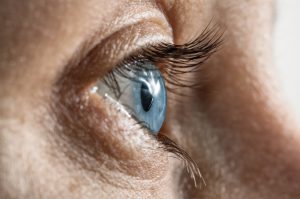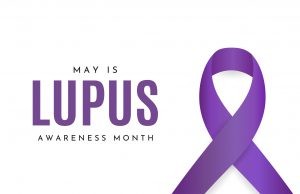 On May 31st each year, the World Health Organization highlights the harmful health effects of tobacco products such as cigarettes. While tobacco usage rates among the general population have decreased over time, approximately 22.3% of people across the world continue to use it. The risks of using tobacco are well documented; however, many people around the world are not fully aware of the dangers.
On May 31st each year, the World Health Organization highlights the harmful health effects of tobacco products such as cigarettes. While tobacco usage rates among the general population have decreased over time, approximately 22.3% of people across the world continue to use it. The risks of using tobacco are well documented; however, many people around the world are not fully aware of the dangers.
A substantial amount of information exists about the harmful effects of tobacco usage. Aside from lung-related conditions such as emphysema, there are also very strong links between tobacco usage and heart disease, circulatory problems, and stroke. Coronary vascular diseases are one of the world’s leading causes of death. Tobacco use is the second leading cause of these types of diseases, with hypertension being the leading cause.
Despite the wealth of information available about the harmful effects of tobacco products, their continued usage results in over 8 million deaths each year. Approximately 1.2 million of these deaths occur due to exposure to second-hand smoke, highlighting the negative health impacts that tobacco usage can have not only on the user, but on the people around them, as well.
A few of the World Health Organization’s efforts to inform people about tobacco’s harmful effects include:
- Increasing public knowledge of the risks of smoking and secondhand smoke
- Encouraging healthcare providers to speak to their patients about the hazards of tobacco
- Encouraging governmental support for educational programs
- Seeking ways to promote smoke-free zones in buildings and public spaces
- Increasing taxes on tobacco products
- Making it more difficult to purchase tobacco products
- Banning tobacco advertising
If you would like to quit smoking, speak to your medical provider to learn more about the resources available to help you. Jamaica Hospital Medical Center offers a tobacco cessation program that can support you in your efforts to quit. Please call 718-206-8494 to learn more.
All content of this newsletter is intended for general information purposes only and is not intended or implied to be a substitute for professional medical advice, diagnosis or treatment. Please consult a medical professional before adopting any of the suggestions on this page. You must never disregard professional medical advice or delay seeking medical treatment based upon any content of this newsletter. PROMPTLY CONSULT YOUR PHYSICIAN OR CALL 911 IF YOU BELIEVE YOU HAVE A MEDICAL EMERGENCY.







